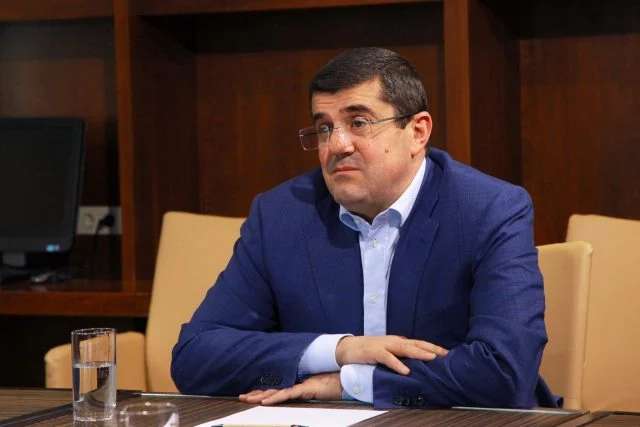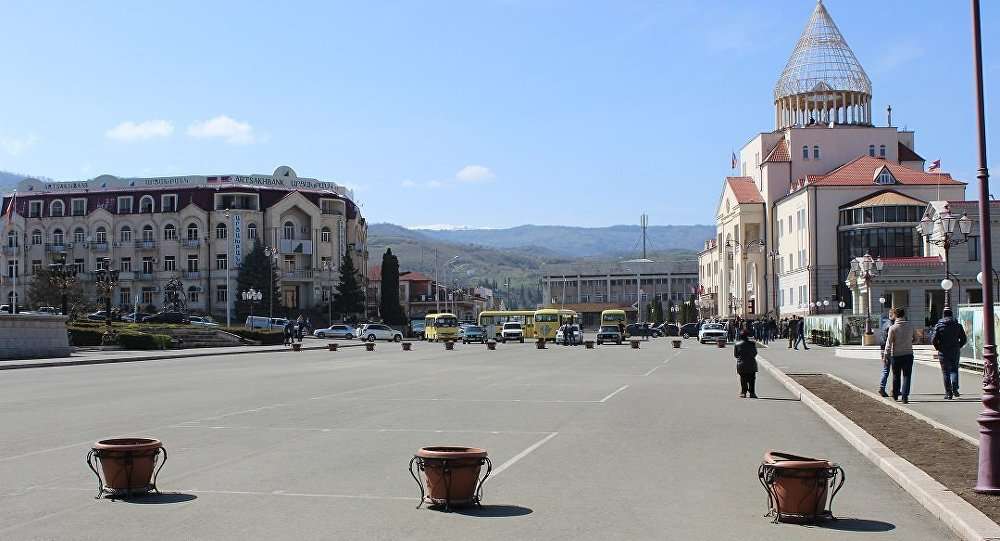For two months now, Azerbaijan has been keeping around 120,000 people of the Republic of Artsakh (Nagorno-Karabakh) under siege with criminal and terrorist activities to carry out ethnic cleansing in Artsakh. This illegal blockade contradicts all the norms of international law and the obligations assumed by Azerbaijan, including within the framework of the tripartite declaration of November 9, 2020.
This blockade is based on the Azerbaijani state policy of racial hatred against Armenians. It deprives 120,000 Artsakh citizens of regular access to food, energy, healthcare, and other vital goods and services. It is an earnest, deliberate, and massive attack on our compatriots' lives and other rights.
Since January 20, to deal with severe food shortages caused by the blockade, the Artsakh government has been forced to limit access to food through coupons: one kilogram of rice, buckwheat, pasta, sugar, and oil per person per month, the scope of which will be increased shortly.
By disrupting the electricity and gas supply in severe winter conditions, Azerbaijan deepened the humanitarian crisis in Artsakh. Due to heating and food problems, all kindergartens and primary and secondary schools in the country were closed, depriving about 20,000 children and teenagers of regular education. Many economic enterprises have also been suspended, rendering thousands of citizens unemployed. The construction and other construction works of about 3,700 apartments intended for forcibly displaced persons from the territories occupied by Azerbaijan have stopped. Planned operations have also been eliminated, putting the health and lives of around 600 citizens at additional risk.
We are grateful to the International Committee of the Red Cross and the Russian peacekeeping mission for their efforts to ensure the transfer of about 90 seriously ill people in a crisis to Armenia, to reunite dozens of separated families, and to transport to Artsakh the minimum amount of food that allows us to prevent cases of starvation. However, the situation remains unbearable, with a significant shortage of food, medicine, and other vital supplies, continuous gas and electricity supply disruption, separation of thousands of families, the collapse of the economy, and other crisis conditions.
We welcome the unmistakable calls of the executive and legislative authorities of many countries and international organizations to Azerbaijan to immediately and unconditionally lift the blockade. Those demands and positions, however, have little effect in the face of Azerbaijan's bigoted and hateful intransigence. This is why the international community must act, as it has done in other regions when there are early warning signs of genocide.
We appeal primarily to Russia, the USA, and France, which co-chair the OSCE Minsk Group, as well as to all members of the international community, to jointly or individually take adequate measures to open the life path of Artsakh and prevent new crimes. In that context, we urge them to impose sanctions on all perpetrators and supporters of crimes against the people of Artsakh and the state of Azerbaijan, among other sanctions, by banning them from entering their territories and freezing movable and immovable property in their countries.
Azerbaijan's attempted ethnic cleansing of the people of Artsakh is part of the legal concept of crimes against humanity (erga omnes). Its prevention is a moral, legal, and political obligation binding all signatories to the United Nations Charter. Therefore, every member of the international community must do their best to protect the people of Artsakh and live with dignity in their homeland.




















